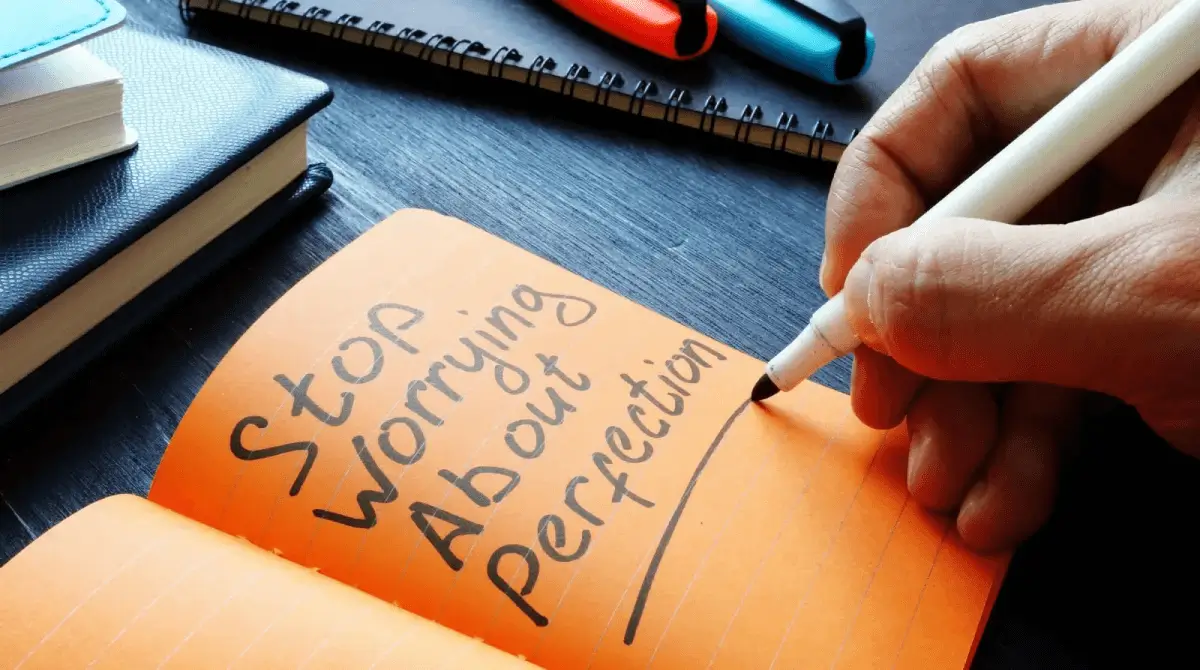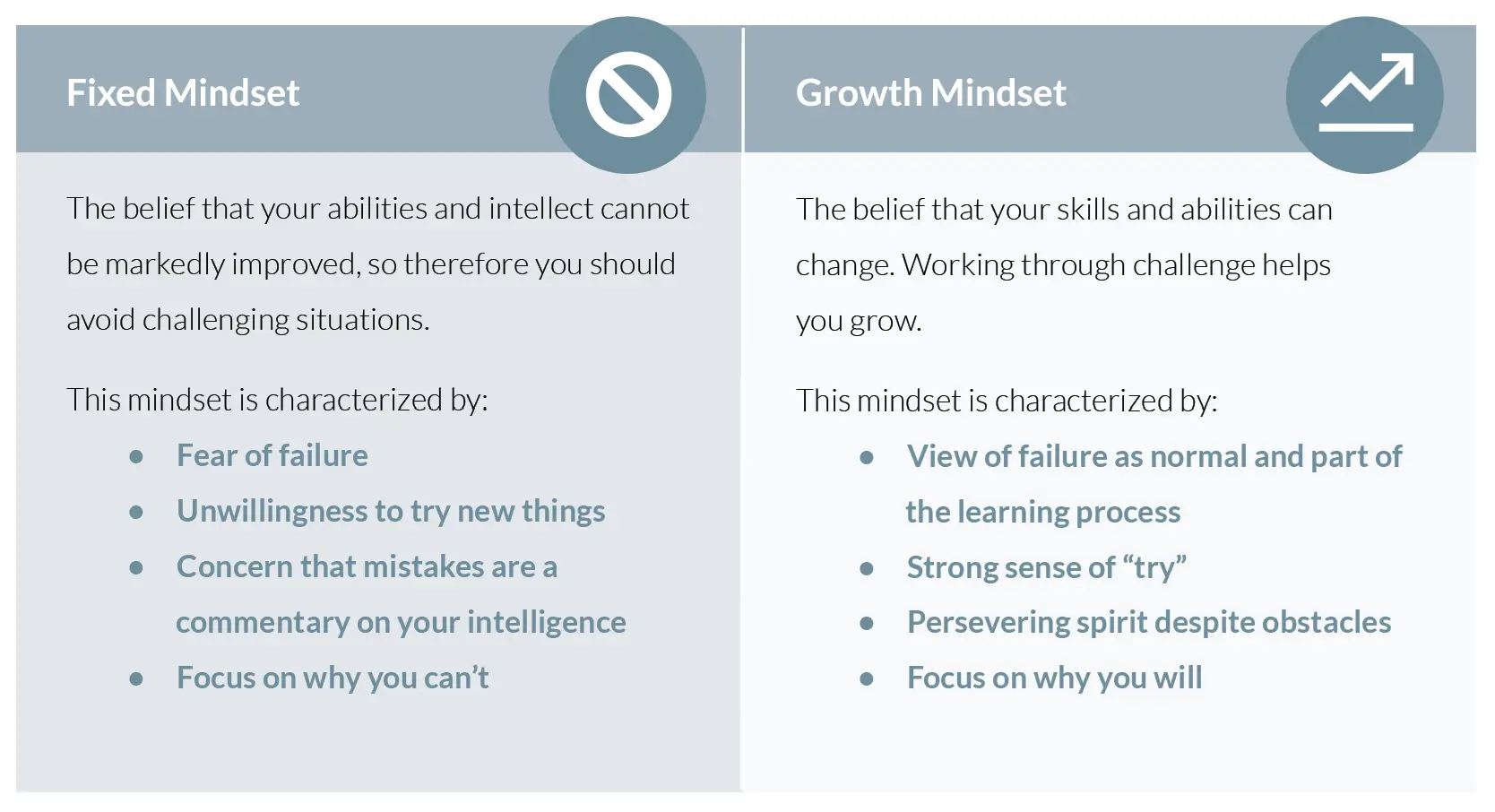
I can't draw. At least that's what I've always told myself. But after years of believing I didn't have any artistic ability, I finally worked up the courage to take a painting class on a trip a few years back.
I remember feeling pretty anxious sitting there with a blank canvas staring back at me. I kept thinking about all the things I didn't know about painting, how knowledgeable everyone else around me seemed to be, how foolish I might look in my attempt to learn.
After a lot of hesitating to put even the first bit of paint on my brush, our teacher finally wandered over and whispered to me, "Just paint what you see."
So I did. And it wasn't as hard as I thought -- although she wisely came back over a time or two to rescue me. But in the end, I think you could tell I was looking at a beach.
My teacher seemed really pleased, and I was absolutely thrilled. I've since painted two more things. They're far from masterpieces, but I've hung them in our home. They bring me pleasure, but more importantly, they remind me to stop striving so much for perfection. I'd rather put myself out there more often than hold myself back until I have everything juuuust exactly right.
Sound familiar? Many leaders suffer from perfectionism – a tendency to set unrealistically high (and often unattainable) standards for excellence. Unfortunately, buying into the belief that you must always achieve this level of excellence in your performance can cause a lot of problems:
· Heightened anxiety
· Dissatisfaction with work and life
· Workaholism
· Increased self-criticism
· Decreased self-confidence
· Achievement addiction
· Fear of failure
· Obsessive desire for control
Suffering from one or more of these issues can wreak havoc on your mental and physical well-being, creating undue stress and accelerating burn-out as you spend endless time and energy tweaking every task or document until it is beyond reproach.
In addition, by holding yourself to such unrealistic standards, you probably aren't taking a lot of chances that might be game changers. You hesitate to establish a new relationship, apply for a promotion, or take on a difficult challenge. As a result, you systematically hold yourself back from becoming all you are capable of being as a person and as a leader.
A healthy striving for excellence is essential for all successful leaders. But taken to an extreme, perfectionism can undermine your daily impact as well as your long-term career.
If you're not sure how much a desire for unblemished performance might be influencing you, take a few minutes to do a self-check. Listed below are a few beliefs and behaviors often associated with perfectionism. Rate yourself on a scale of 1-5 with 1 being virtually never true and 5 being almost always true.
Beliefs and Behaviors Self-Check. Please rank yourself 1 (virtually never) to 5 (almost always). |
|
1. I take pride in my consistent effort, energy and attention to every little detail. |
|
2. I am more than willing to overprepare to ensure everything is as it should be. |
|
3. I make frequent edits and adjustments before letting something get out the door. |
|
4. At times others have called me a "control freak." |
|
5. When someone finds flaws in my work, I beat myself up and ruminate on my mistakes. |
|
6. Rather than engaging with others, I often think "I'll just do it myself" to ensure the result meets my expectations. |
|
7. I constantly compare myself to others who seem to do everything so well and make it look so easy. |
|
8. I often find myself procrastinating in order to avoid putting my work out there for others to see. |
|
9. When I make an attempt at something new and things are not going as planned, I prefer to pull the plug rather than risk anything less than complete success. |
|
10. I tend to view every task I take on as important to do with absolute excellence. |
|
How did you score? If you have more 4s and 5s than you'd like, you might be struggling with impractical expectations and a narrow view of what success can look like. The good news is, there are many things you can do to focus less on achieving perfection and more on having a pragmatic view of doing your best.
I've included a few of my favorite strategies below along with some reflection questions for you to consider and apply what you're learning.
One of the biggest obstacles for perfectionists is the fear of failure. While no one likes to fail, it is a timeless truth that failure can be a great teacher. Shifting your mindset to view failure as a normal part of learning will give you the confidence to tackle difficult challenges and the courage to try new things –without harboring unworkable expectations for success.
Adopting a growth mindset is key. What is a growth mindset? Stanford professor and psychologist Carol Dweck, who is also the author of Mindset: The New Psychology of Success, coined the term to explain how individuals learn and grow. In her book, she identifies two distinct learning mindsets:
· a fixed mindset, and
· a growth mindset.
Take a look at the table below for a comparison of the two. Do you recognize times when a fixed mindset might have contributed to your perfectionist tendencies?

While a growth mindset can be useful on a daily basis, it is especially valuable when you find yourself in unfamiliar territory or recognize you must lead your team through unwanted change. These are situations that tend to foster a sense of perfectionism and fuel excessive anxiety.
Indeed, leaders frequently shrink back out of fear. Perhaps you have experienced one or more of these situations:
· You hesitated to make a difficult decision for fear of being judged or criticized.
· You were unwilling to take on a stretch assignment because you might look incompetent in the attempt.
· You worried that making a mistake would be a commentary on your intelligence.
These are fears that stem from a fixed mindset. As we so often learn, our fears are largely unfounded and driven by our inner critic. A fixed mindset holds us back from leading courageously. Given the choice, I'd much rather be fearless than flawless.
By adopting a growth mindset, you can enjoy many benefits:
· Greater confidence tackling difficult challenges
· Accelerated learning by trying different approaches
· Feeling more comfortable with uncertainty
· Expanded skills and knowledge
· Increased resiliency and an ability to bounce back more quickly.
Reflection: When could you benefit from adopting a growth mindset?
Another strategy to try when you feel unqualified or unsure is to stop and think for a moment. This allows you to quiet the sense of threat and flood of emotions you are likely feeling, which are both run by a part of your brain called the limbic system.
Housed in the unconscious brain or the "lizard brain," the limbic system also manages your fight/flight/freeze response. Whenever the limbic system is in charge, you don't think clearly because you are focused on protecting yourself.
You can shift from feeling a sense of threat and a desire to jump ship to feeling a sense of opportunity and a willingness to keep trying by calling your prefrontal cortex into action. This is the thinking part of your brain and one that is in charge of helping you to be curious, creative, and to see potential where you didn't before.
In challenging situations, the prefrontal cortex can help you come up with solutions. So instead of telling yourself "I'm not good at this," stop, think and ask yourself one question: "What am I missing?"
This opens your mind so you can consider new strategies to try or new information to gather that might help you find a way forward. It's always better to think your way through any situation rather than giving in to feelings of doubt or defeat.
A few other questions you could ask yourself to help you stay the course:
· What am I learning?
· What am I enjoying?
· Is there a deeper purpose to my work that can help me stay motivated right now?
By focusing on what's working instead of what's not, you'll more likely to eventually achieve success, even if you hit some rough patches along the way.
Reflection: What is one question you could ask yourself to help you stop and think your way through challenging situations?
Leaders often face new and challenging circumstances. When you find yourself struggling in unfamiliar territory, it's important not to give into your inner critic who may be telling you you're not good enough or smart enough to figure it out. But in the moment, that voice can be pretty loud.
A useful strategy for quieting the negative voice in your head is to recognize the catastrophic thinking that our inner critic often fosters. Here's a good example: "No matter how carefully I make this decision, everyone will think I'm inept if it doesn't work out."
Even though it's possible something negative could happen, it will help if you can remind yourself that the human brain almost always overestimates the potential for a negative outcome while it underestimates our ability to deal with whatever does happen. This is simply how your brain tries to protect you from a potential threat, as we just discussed. Plus, you know through your own life experiences that your worst fears almost never materialize. Even if they do you will be able to manage through any situation you face. So give yourself some credit: no matter what happens, you will figure it out.
Another way to quiet your inner critic is to decide in advance how you'll handle a situation when your desire for perfection may be a long way off yet. Try writing a simple "if/then" statement to address your fears. For example: "If I'm worried that gaps in my knowledge make me appear incompetent, then I will remind myself that I will learn as I go, and no one knows it all."
Jot this statement down on a sticky note or in your journal so you can quickly remind yourself in the moment of a more useful self-belief that will help to put you on a better path.
Reflection: What "if/then" statement could you write that would help quiet your inner critic?
"Don't be afraid to fail. Be afraid not to try." – Michael Jordan
I have a paperweight on my desk that has always inspired me: "Don't be afraid to fail, be afraid not to try." This quote by basketball legend Michael Jordan beautifully sums up the balance leaders need to strike between striving for perfection and making our best attempt.
This is especially crucial if you're going to help your team and your company succeed in a rapidly changing world. You can't afford to sit back and wait until you are completely comfortable with every risk you take or feel confident you will have absolute success with every solution. The speed of change is only increasing. The longer you wait, the more likely it is that your competition and your opportunities will pass you by. You must be willing to move forward in spite of not being entirely sure something will work.
You can make this a little easier on yourself and others creating what I like to call a "culture of try" – an environment that encourages everyone to take some calculated risk, to think differently and take some action without being overly concerned about failure.
I saw the power of having a "culture of try" when I was running my agency. I thought of our business a bit like a greenhouse where we could all freely plant the seeds of innovation and creativity. Some of our ideas would die on the vine while others would take off and really help our agency to grow. The trick was we were never really sure which ones would eventually work. We had to be willing to try them in order to find out.
Reflection: Where can you give yourself and others permission to try something new without worrying about it being absolutely perfect?
A "culture of try" also requires you and your team abide by a "no blame/no shame" rule, which encourages new ways of thinking and doing that are free from a pervasive sense of perfectionism. If something isn't going well, you must focus on what the team is learning and what can be done to improve, not who's to blame.
This will challenge your perfectionist tendencies. No one likes it when things don't work out. But when you try something new, you need to have more realistic expectations and patience for the results. Don't expect it to be perfect right out of the gate. Instead, adopt a test-and-learn approach that will put a minimum viable product out there and encourage the gathering of feedback, a focus on improvements and enable scaling as you go.
Much better to accelerate your learning in real time rather than the endless pursuit of perfection that may drag on to the point of missing your window of opportunity all together. Besides, in the worst case, you can always pivot or cut your losses – and you will have learned something valuable then, too.
Reflection: Is there a current or upcoming project where you could use a test-and-learn approach to accelerate learning and avoid the "blame/shame" game, even if it doesn't work out?
Even with all the best strategies at your fingertips, it can still be hard to make change. So be patient with yourself. It takes time to develop new habits and new ways of thinking.
Above all, keep in mind that no one is perfect. A healthier way of thinking about your performance is to focus on becoming a little better today than you were yesterday. Over time, you will find it easier to set aside the desire for perfection and focus more on simply trying new things – like picking up a paintbrush. Who knows, you might be the next Michelangelo?!... You never know until you try.
Over the past two decades Elise Mitchel has coached, consulted and trained leaders from start-ups to Fortune 500 companies. Through this, she has encountered many perfectionists, whom she has helped break free from the contrainsts and grow as leaders. She also offers keynote speaking targeted at leadership and team development.



